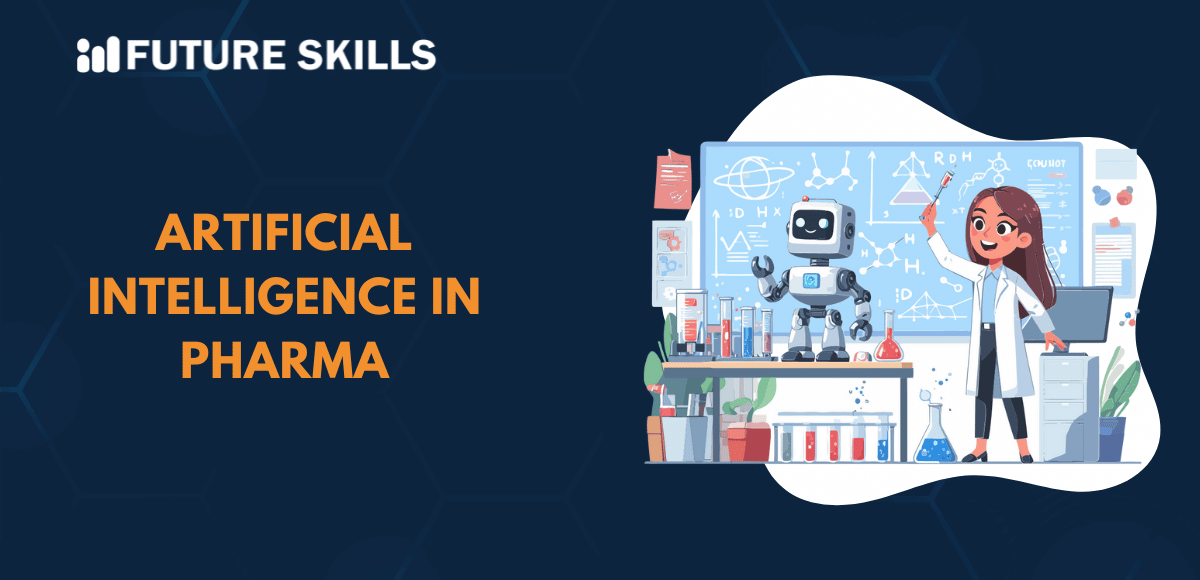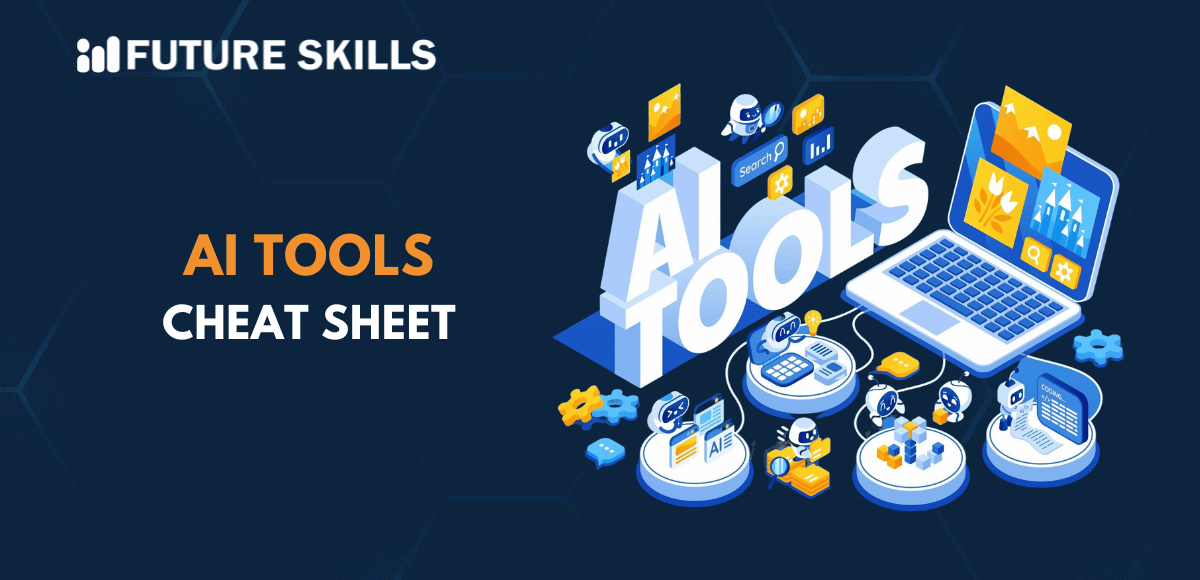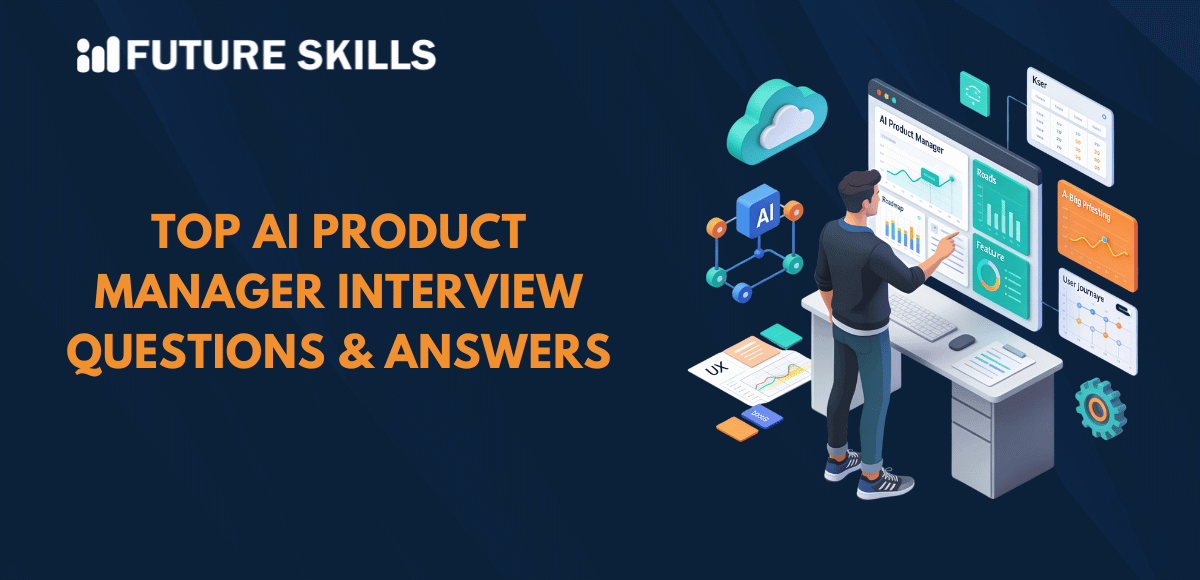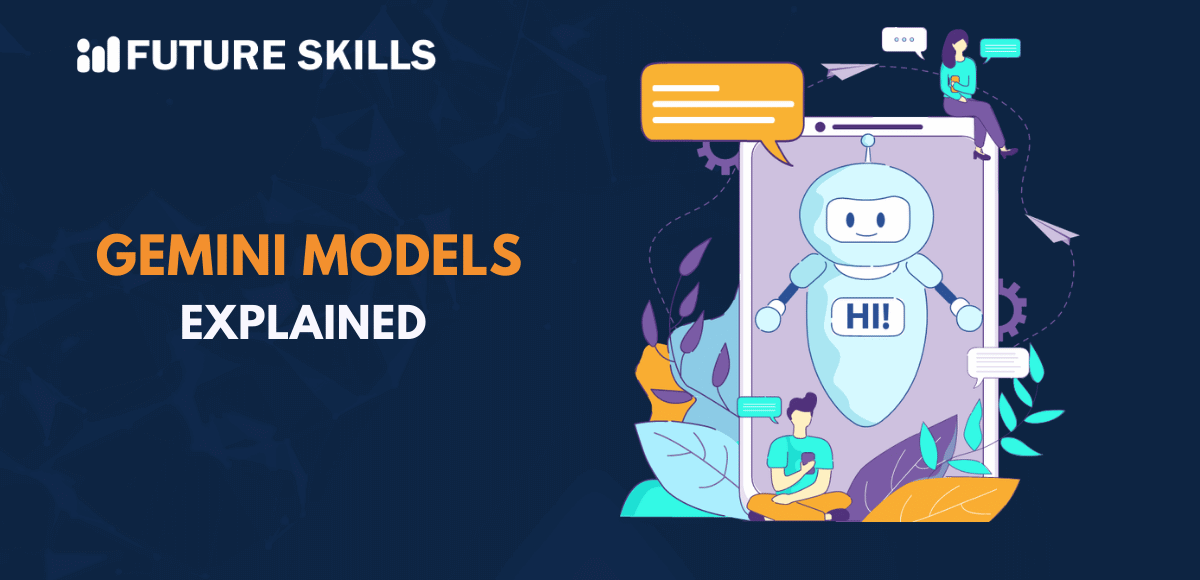Artificial intelligence has always been perceived as a super-intelligent entity that would help in overcoming different hurdles for humans. You can find multiple examples of AI applications in our everyday lives as well as in many industries. For instance, AI assistants help us play our favorite songs by using voice requests and manufacturing lines use AI-powered maintenance reminders. The growing popularity of AI in pharma industry invites attention towards the innovative changes introduced by AI technologies.
The best part of using artificial intelligence in the pharma sector is the broader scope for innovation. At the same time, the applications of artificial intelligence in pharma industry also face different types of challenges. Let us learn more about the ways in which AI encourages innovation in the pharma industry and the challenges for embracing AI in the pharmaceutical industry.
Boost your productivity and become a certified AI professional in just four weeks with our popular Certified AI Professional (CAIP)™ Course.
Understanding the Importance of Artificial Intelligence in the Pharma Industry
Artificial intelligence has the potential to introduce many innovative advancements in different processes in the pharma industry. The notable uses of artificial intelligence in pharma revolve around drug discovery and clinical trials. You can also use AI algorithms to analyze large datasets and draw accurate predictions to improve research and development in the pharmaceutical industry.
The uses of artificial intelligence in pharmaceutical industry used to focus only on the basic data analysis tasks. The advancements in AI technology opened the doors for using AI in complex tasks like identifying drug molecules and creating personalized treatment plans. Progressive advancements in machine learning and big data analytics have been responsible for encouraging the use of AI technologies in pharma industry.
Artificial intelligence technologies also ensure transformation of traditional processes for drug discovery and clinical trials by improving accuracy and efficiency. AI is important for the pharma industry as it would promote different types of advancements in medical research.
Understanding the Existing State of Innovations in Pharma with AI
The use of artificial intelligence in the pharma sector has increased by significant margins in recent years. As a matter of fact, a survey has discovered that around 80% of pharmaceutical and life science professionals leverage AI capabilities for drug discovery. You can find answers to queries like ‘How is AI used in medicines?’ with statistics showing that AI can reduce the time required for drug discovery. Almost 95% of pharmaceutical companies have stated that they have directed investments in AI technology.
Another important aspect about the existing state of innovations in the pharma sector driven by AI technologies is cost saving. Artificial intelligence can help in saving around 70% of the cost of each clinical trial and reducing the timeline of clinical trials by 80%. A study has reported that artificial intelligence can save around $26 billion for developing a new drug and reduces the time for drug development by 4 years. It is also important to note that AI would have a major impact on the supply chain management and manufacturing in pharma industry.
How Does AI Drive Innovation in the Pharma Industry?
Artificial intelligence can drive innovation in various processes within the pharma industry. Some of the notable areas in the pharma industry that you can transform with AI include drug discovery, clinical trials, and supply chain management. The introduction of AI in pharma improves accuracy and efficiency in different processes. The uses of AI in pharmaceutical industry can also create new possibilities for innovative therapy solutions and personalized medicine. Let us find out the notable ways in which artificial intelligence encourages innovation in the pharma industry.
-
Revolutionary Approach to Insights and Analytics
The use of AI for analytics in the pharma sector creates new opportunities for drug discovery, clinical trials and marketing. Artificial intelligence promotes data-driven drug discovery with the benefits of accuracy, efficiency and reduced costs. AI algorithms can analyze large datasets at a faster pace than conventional methods to identify the best drug candidates. Pharma companies can use AI to enhance accuracy in predictions for effectiveness of drugs and discover new drug compounds.
You can also notice the impact of AI on innovation in pharma with the use of AI technologies to enhance clinical trial predictions. AI models are capable of drawing predictions for patient responses to treatment and optimizing patient recruitment. Efficient prediction of patient responses helps in reducing the risks of failure in clinical trials while AI algorithms can recognize suitable candidates for the trials.
The list of AI use cases in pharma would be incomplete without pointing at the application of artificial intelligence in market analysis. AI can offer comprehensive analysis of different aspects, including market trends, competitor strategies and patient demographics to obtain valuable insights. Pharma companies can use information about patient needs and preferences to create personalized marketing strategies.
-
Automation for Different Pharmaceutical Processes
Automation is the most prominent strength of artificial intelligence that can empower innovation in the pharma industry. First of all, you can notice a significant impact of automation in the applications of AI in pharma manufacturing processes. AI-powered automation in the manufacturing process improves efficiency and quality control alongside reducing waste. AI systems can ensure continuous monitoring of manufacturing lines to maintain quality standards and optimize resource utilization.
The biggest impact of AI on innovation in pharma industry would be visible in supply chain optimization. AI-driven automation can enhance coordination throughout the supply chain alongside improving transparency to achieve more efficient supply chain operations. Pharma companies can leverage AI for real-time tracking of materials and products as they move through the supply chain. The capabilities of predictive analytics with AI can help in forecasting demand, thereby supporting efficient inventory management.
The applications of AI in pharma industry would also introduce innovative changes for the workforce. Innovation powered by AI in the pharmaceutical industry can facilitate the automation of routine tasks. It allows employees to focus on more creative and strategic tasks. Automation of routine tasks not only improves overall efficiency but also empowers the workforce for continuous learning and skill development.
-
Introduction of Cloud-based AI in Pharmaceutical Industry
Another notable highlight among the innovative changes introduced by AI in the pharmaceutical industry would be cloud-based AI. The foremost impact of cloud-based AI would revolve around revolutionizing drug discovery by leveraging the strengths of the cloud. Cloud-based AI can handle large datasets with higher processing speed to reduce time required for data analysis. Researchers can leverage cloud-based AI to access AI tools and data from anywhere, thereby improving the efficiency of drug discovery processes.
Cloud-based artificial intelligence also plays a major role in encouraging collaboration within the pharmaceutical industry. The foremost advantage of using cloud platforms for collaboration is seamless data sharing. Researchers can use cloud-based tools and resources such as AI models and datasets to enhance collective participation in innovative approaches for drug development.
As the applications of artificial intelligence in pharmaceutical industry gain recognition, you can discover a broader scope for innovation in future. For example, technological advancements will empower cloud-based AI tools with advanced data analysis capabilities in future. The assurance of better data integration and analysis with cloud-based AI in the future would create better personalized treatment plans. Cloud-based artificial intelligence is also likely to break down international barriers and encourage global collaboration in pharma research.
Learn about the importance of Artificial Intelligence in Healthcare and how it is shaping the future of healthcare industry.
Challenges to the Use of Artificial Intelligence in Pharma Industry
Artificial intelligence not only brings opportunities for the pharma industry but also creates formidable challenges. AI has been responsible for accelerating the drug discovery process and improving clinical trials. The diverse AI use cases in pharma also include optimization of supply chains that can lead to better efficiency and innovation. At the same time, it is also important to understand the various hurdles and limitations for innovation with artificial intelligence in pharma.
The noticeable challenges with the use of AI in the pharmaceutical industry point at the lack of transparency and data availability. Pharma companies can use AI effectively for drug discovery, clinical trials and other processes only if they have access to adequate amounts of data. On top of it, the data available to pharma companies might have different types of biases. Another crucial challenge for embracing AI in the pharmaceutical industry is the ethical aspect of AI technologies.
Experts have recommended the use of AI models with traditional methods to ensure safer and efficient utilization of artificial intelligence. You must also note that advancements in deep learning algorithms, computational power and data availability can address these challenges. The most pressing concern for the use of AI in pharmaceutical industry is misreported data, which may introduce bias and affect the accuracy of AI models.
Understand the crucial requirement for developing responsible AI with our unique and comprehensive Ethics of Artificial Intelligence (AI) Course. Enroll now!
Final Thoughts
The applications of artificial intelligence in pharmaceutical industry showcase the perfect examples of innovative changes induced by AI. As the popularity of AI continues growing, it is important to understand the possibilities for leveraging it to transform the pharma industry. AI technologies help in enhancing various processes, including drug discovery, clinical trials, workforce management, and supply chain optimization.
The uses of AI in pharmaceutical industry also present new opportunities for introducing long-term advancements, such as cloud-based AI. It is also important to keep an eye on the challenges of embracing AI in the pharma industry. Learn more about artificial intelligence and its use cases in the pharmaceutical industry right now.







